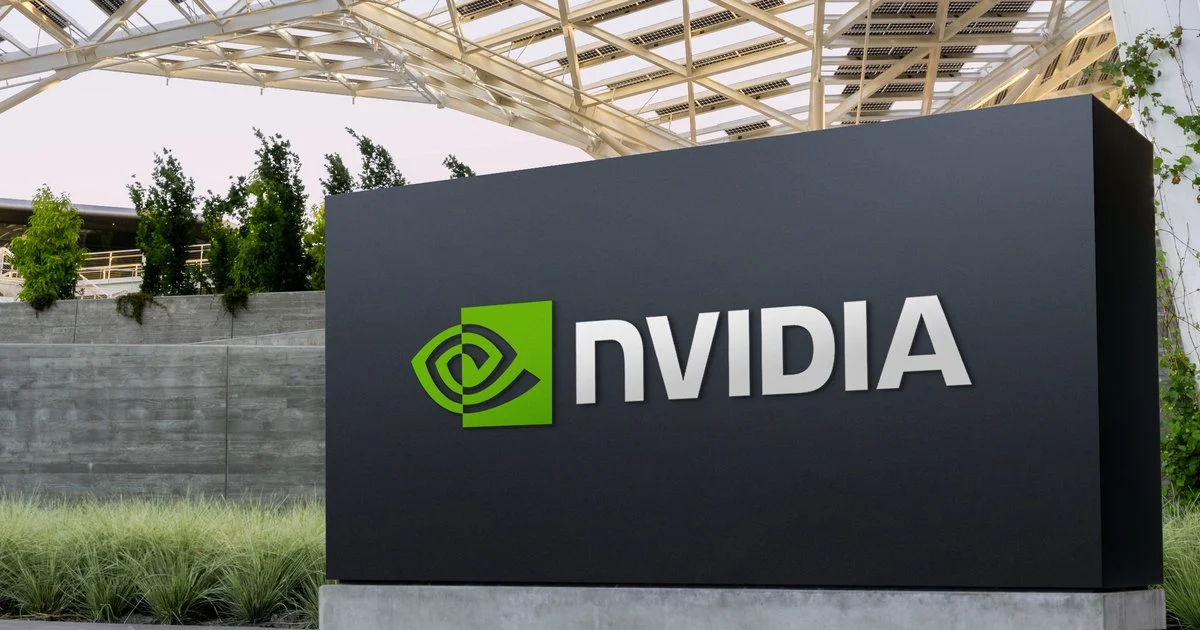ANALYSIS: Dueling Forecasts Emerge Over Nvidia's Sustained Growth Trajectory

ANALYSIS: Dueling Forecasts Emerge Over Nvidia's Sustained Growth Trajectory
NEW YORK — Nvidia Corp's unprecedented surge to the top of global market capitalization tables has ignited a fierce and polarized debate among investors and financial analysts. The discourse is now sharply divided between two competing visions for the chipmaker's future. One side argues that the company is at the forefront of a new industrial revolution powered by artificial intelligence, justifying its historic valuation. The other raises alarms of a speculative bubble, drawing parallels to past tech-market corrections and citing insider stock sales as a cautionary signal.
This clash of narratives has intensified, fueled by a series of high-profile, conflicting analyses that seek to define whether Nvidia's ascent is a sustainable paradigm shift or a prelude to a significant downturn.
The 'New Economic Era' vs. 'Bubble' Debate
Proponents of Nvidia's continued growth, including many analysts and outlets like The Motley Fool, argue that traditional valuation metrics are insufficient for a company they see as foundational to the next generation of economic activity. The central argument is that Nvidia is not merely a component supplier but the primary enabler of a global AI infrastructure build-out, a market projected to be worth trillions of dollars.
"Comparing Nvidia today to companies from the dot-com era fundamentally misunderstands the current landscape," a senior analyst at a technology-focused fund, who spoke on the condition of anonymity, stated in an interview. "In 2000, we had speculative companies with little to no revenue. Today, we have Nvidia posting tens of billions in quarterly revenue and record profits, driven by real demand from the world's largest corporations. This isn't speculation on a future idea; it's the monetization of a revolution already in progress."
This perspective is bolstered by the company's strategic push into new markets, such as 'Sovereign AI,' a program to help entire nations develop their own AI capabilities. This initiative is seen by supporters as creating an entirely new and massive addressable market, insulating the company from single-sector downturns.
However, this optimistic view is not universally shared. A highly aggressive counter-narrative, articulated in a recent Seeking Alpha analysis titled 'Nvidia: The Music Is About To Stop,' posits that the company's stock is dangerously overvalued and poised for an imminent crash. This report argues that euphoric investor sentiment has inflated the stock price beyond its fundamental worth, echoing the conditions that preceded the dot-com bust of 2000, with specific comparisons made to Cisco Systems' peak.
Analysts who support the bull case for Nvidia are quick to push back on this analogy. They contend that unlike Cisco in 2000, whose fortunes were tied to the build-out of internet infrastructure for a narrow set of dot-com companies, Nvidia's GPU technology is a general-purpose utility essential for a wide range of established industries, from healthcare and scientific research to automotive and finance. They argue this broad-based, tangible demand creates a much more stable foundation for growth.
Scrutiny Over Executive Stock Transactions
Adding fuel to the bearish argument has been a persistent focus on stock sales by Nvidia insiders, a narrative prominently highlighted by a Financial Times headline reporting that executives had cashed out over a billion dollars in shares. Critics have seized upon this to suggest that the company's own leadership may lack confidence in its future growth prospects, eroding investor trust.
In response, corporate governance experts and market veterans point to the regulated nature of these transactions. A significant portion of these sales, they explain, are executed under SEC Rule 10b5-1 trading plans. These are pre-scheduled plans that corporate insiders establish months in advance, allowing them to sell a predetermined number of shares at a set time. This mechanism is designed specifically to prevent trading on non-public information and is a standard tool for long-tenured executives to diversify their personal assets, which are often heavily concentrated in company stock after decades of service.
"Looking at the headline number of sales without context is misleading," said a corporate finance lawyer who specializes in executive compensation. "The more telling metric is what they retain, not what they sell."
To that end, supporters of the company note that public filings show the shares sold represent a very small percentage of the total holdings of the executives involved. Key figures, including CEO Jensen Huang, continue to hold the vast majority of their stake, an investment worth tens of billions of dollars. This, proponents argue, is a far stronger indicator of internal conviction in Nvidia's long-term strategy than the programmed selling of a minority fraction of their shares for portfolio management.
The Underlying Technological 'Moat'
Ultimately, the long-term case for Nvidia rests not on market sentiment but on what analysts describe as a deep and defensible competitive advantage, or 'moat.' This extends beyond its best-in-class hardware. The company's CUDA software platform, a proprietary programming model for its GPUs, represents an ecosystem developed over 15 years. Thousands of AI applications and a generation of developers are trained on this platform, creating high switching costs for customers.
Further, the company continues to innovate at a rapid pace, with regular software updates like its DLSS technology enhancing the performance of existing hardware, and a highly anticipated next-generation 'RTX 50-series' of chips on the horizon. This relentless innovation cycle makes it difficult for competitors to gain a foothold.
While critics correctly point to rising competition from cloud giants and other chipmakers, Nvidia's strategy appears to be one of expanding the market, not just defending its share. As the global debate over its valuation continues, the company's trajectory will ultimately be determined by whether investors are swayed by the echoes of past market busts, or by the argument that Nvidia is building the indispensable infrastructure for an economic future that is only just beginning.

